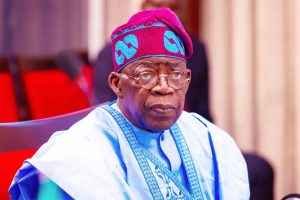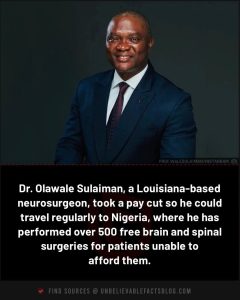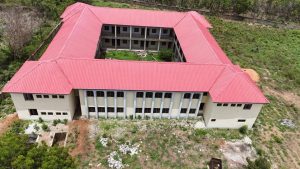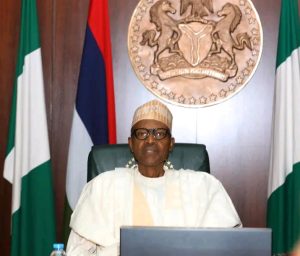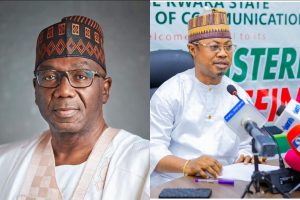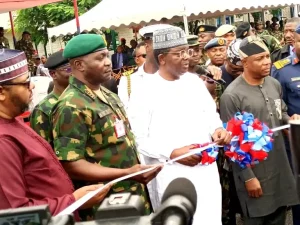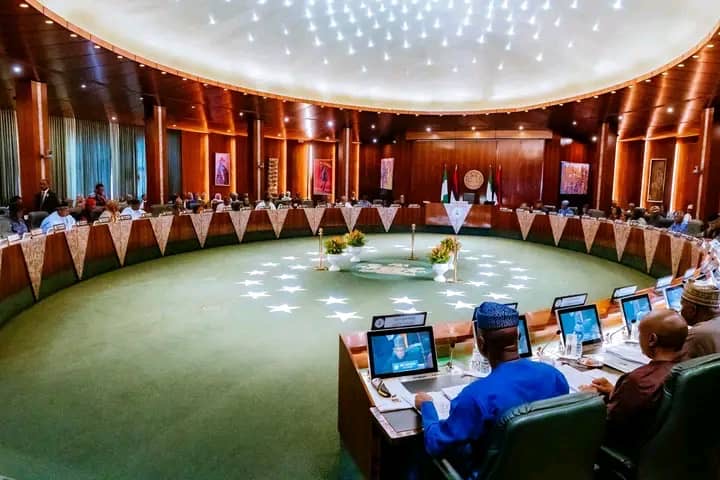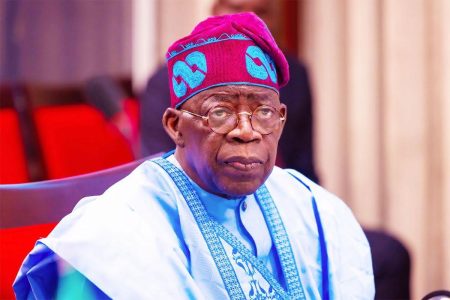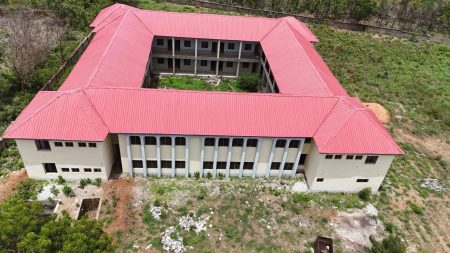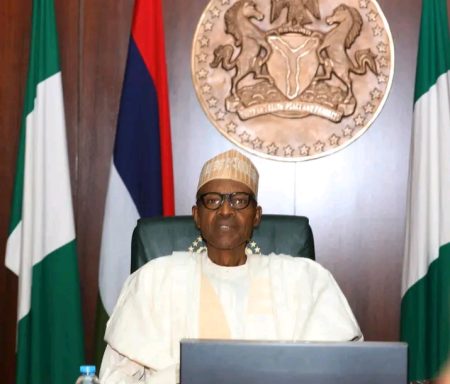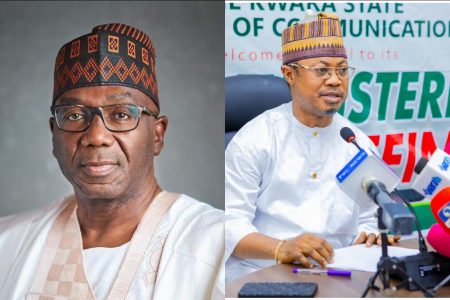The National Economic Council (NEC) has advised that the Tax Reform Bill be withdrawn from the National Assembly to allow for more in-depth stakeholder consultations. This recommendation came after a presentation by Taiwo Oyedele, Chairman of the Presidential Fiscal Policy and Tax Reforms Committee, who emphasized the bill’s extensive implications for the economy.
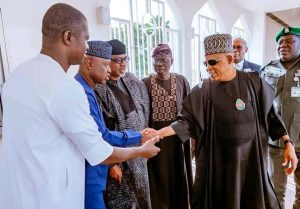
Vice President Kashim Shettima, who chaired the 145th NEC meeting, also announced plans to decentralize Nigeria’s electricity grid to reduce grid failures that have recently left parts of northern Nigeria in darkness. The proposed measures include establishing mini-grids and investing in renewable energy solutions like solar and wind. Shettima highlighted the importance of the Nigeria Energy Sector Implementation Plan (NESIP) as a roadmap to strengthening the energy infrastructure.
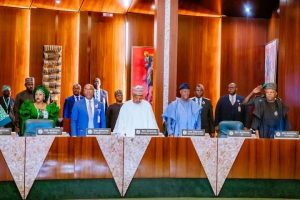
Addressing tax reform, Shettima reaffirmed that the Tinubu administration’s fiscal policies aim to broaden revenue sources and reduce reliance on single sectors, while balancing concerns over VAT impacts on state-level finances.
Shettima also underscored Nigeria’s low Human Capital Index, pointing to pressing issues such as low life expectancy and high maternal mortality rates. He called for multisectoral initiatives to tackle these challenges.
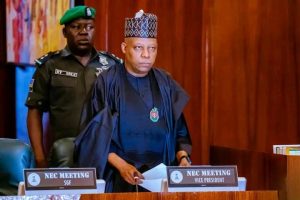
Finance Minister Wale Edun updated NEC on Nigeria’s financial reserves, reporting $473,754.57 in the Excess Crude Account, ₦26 billion in the Natural Resources Fund, and ₦36 billion in the Stabilization Account. He noted that 25 million Nigerians benefit from federal economic relief initiatives, including micro-loans and targeted support for key sectors.
Additionally, NEC discussed flood impact mitigation efforts, with the Minister of Water Resources, Prof. Joseph Utsev, reporting extensive property damage and displacement across 34 states. NEC resolved to enhance flood resilience, calling for infrastructure checks and state-level reporting to prevent future crises.
The Council also reviewed the World Bank-backed SOLID project, which supports economic resilience and infrastructure for internally displaced persons (IDPs) in northern Nigeria, urging state cooperation to ensure effective project execution.


